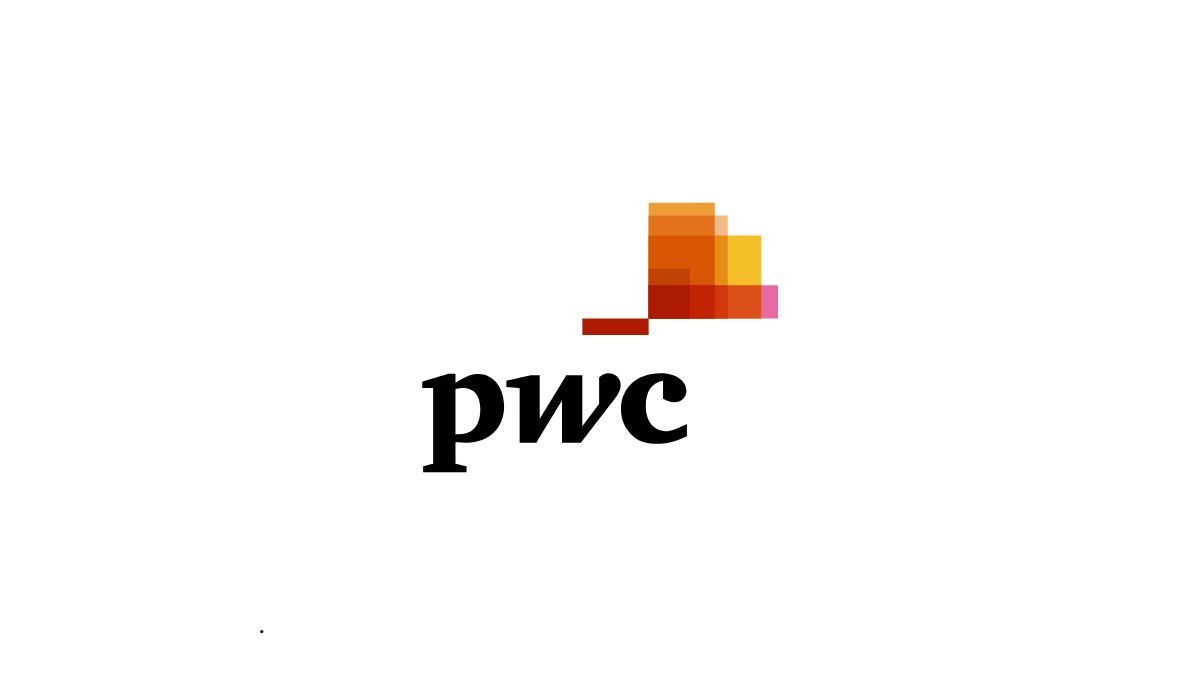
Artificial intelligence (AI) could add up to 15% to global economic output by 2035, and 4.9% for Africa, according to PwC’s latest research report titled Value in Motion. The report underscores the transformative potential of AI but notes that its success depends on trust, responsible deployment, and effective governance.
PwC’s analysis shows that while AI offers tremendous economic promise—comparable to the gains made during the Industrial Revolution—realising that potential hinges on more than technological advancement. If global cooperation falters and trust remains low, the uplift could fall to just 1%.
In Africa, the urgency for transformation is already evident. PwC notes that across six out of nine sectors in Africa, the pressure for businesses to reinvent themselves is at a 25-year high. An estimated $150.54 billion in revenue is expected to shift between companies on the continent in 2025 alone.
The study also highlights a shift from traditional industry boundaries to new, value-driven “domains.” For example, electric vehicles are creating a new ecosystem that includes battery makers, utility providers, and tech companies working alongside automakers.
PwC Africa CEO Dion Shango noted, “As the economy restructures, value will increasingly come from organisations that bridge traditional sectors. Technology will be key to unlocking growth and meeting evolving customer needs.”
However, AI’s growth comes with trade-offs. The report warns that unchecked climate threats could shrink the African economy by over 12% by 2035—even as AI accelerates gains. PwC also acknowledges the increased energy demands of AI but estimates that a modest 0.1% improvement in energy efficiency per 1% increase in AI adoption could neutralise this impact.
To support this transformation, PwC is ramping up its internal and external AI capabilities. This includes:
-
Launching PwC’s Agent OS platform to help enterprises scale intelligent workflows.
-
Providing structured AI training to over 291,000 employees.
-
Partnering with leading tech firms such as AWS, Microsoft, and OpenAI.
-
Expanding tools like ChatPwC to enhance client services through generative AI.
As part of its repositioning, PwC has also refreshed its visual identity to reflect its role in helping clients accelerate momentum through both expertise and technology.
Michal Kotze, Africa Clients and Markets leader at PwC, concluded: “By evolving who we are and what we offer, PwC is committed to helping clients create value, build trust, and prepare for the future with confidence.”

